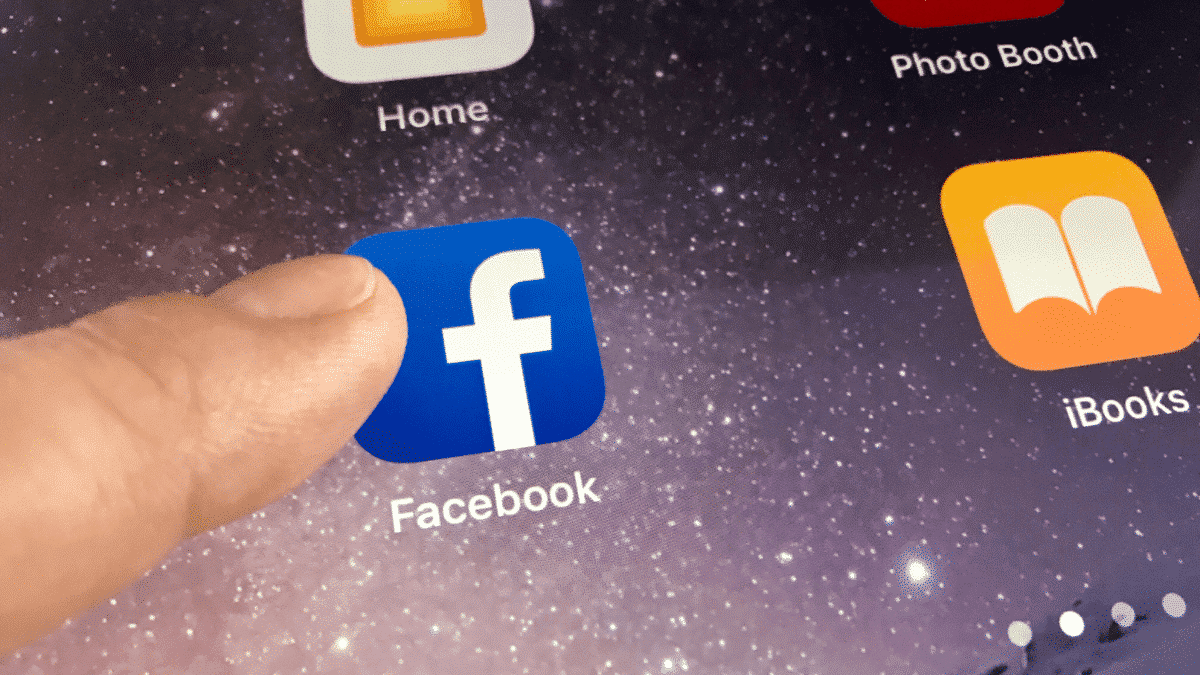The Truth About Facebook’s New Music Policy

Last week, Facebook gave a preview of the new terms and conditions the site will operate under. Scheduled to take effect on October 1, the site’s revised music guidelines drew the lion’s share of attention with many worrying that going to bar the livestreaming of music, including bands performing their own music.
The concern was caused by one simple passage, which read as follows:
You may not use videos on our Products to create a music listening experience
We want you to be able to enjoy videos posted by family and friends. However, if you use videos on our Products to create a music listening experience for yourself or for others, your videos will be blocked and your page, profile or group may be deleted. This includes Live.
The concern was over what constituted a “music listening experience” for the purpose of the terms of service.
This, in turn, prompted Facebook to issue a clarification on what the change meant. Specifically, they said that the music guidelines have been in place since 2018 and the new terms don’t represent a change. They went on to clarify that many bands have been livestreaming concerts under these guidelines without incident.
This view was backed up by Kevin Breuner, the SVP of CD Baby, a music distribution service. He further clarified that the goal of the policy is to make sure Facebook isn’t used like Spotify or YouTube to create a streams that are meant to be listened in the background.
This includes banning things such as an art track of your song (using a still image with music playing), string multiple music videos together or start a stream just for the purpose of playing recorded music. In short, you can play music for your fans, but recorded music must be a background component of any video you upload or stream.
The is further supported by the Future of Music Coalition, which said in a Tweet:
So why was there so much confusion and concern? It turns out it’s simply because music licensing is complicated, and Facebook is tragically bad at communicating complicated subjects.
To see how we just have to look at a more recent Facebook announcement, this one with regards to Facebook Gaming.
The Facebook Gaming Announcement
Earlier this year, Facebook launched Facebook Gaming, a mobile app and service that aims to compete with Twitch, YouTube Gaming and similar services by focusing gaming streamers and their viewers.
However, just two days ago they announced something that both Twitch and YouTube have struggled with: Licensing music for gaming streams.
Back in June, Twitch streamers were hit with a wave of copyright notices, in particular for videos recorded between 2017 and 2019. The reason, quite simply, was that neither Twitch nor the streamers themselves had not obtained the rights to the music they played, prompting the takedown notices.
Facebook is hoping to avoid similar problems on its platform and is doing so by striking deals with record labels, publishers and other aggregators to license their catalogs for such streaming.
However, the agreements come with some severe limitations. First, though they cover a very large percentage of recorded music, they don’t cover all of it. Second, only partnered creators can exploit the tracks at this time though it should open up to Level Up creators soon. If you are a non-partnered streamer or use an unlicensed track, you can still face repercussions.
But the biggest limitation is that the music must be in the background. According to Facebook, “Your stream should be about gaming, not music. In other words, you’re okay to stream music as long as it’s in the background, with game sound effects and your voice (and anything else) over the top. Playing DJ without gaming is a no-no.”
It’s also worth noting that the new rules only apply livestreams and clips of livestreams, not edited videos.
So what basically happened is this: Facebook inked a slew of new dals with the music industry to allow for the use of recorded music in certain live streams. However, when they went to communicate the restrictions of those licenses, some interpreted it as an attempt to ban all livestream music.
Fortunately, Facebook has made it very clear that’s not the case, even if it is easy to see why so many people were confused.
So What Is Actually Going On?
To be completely honest, we can’t know exactly what is going on. Facebook’s deals are confidential so we can’t know the details of what is in them. We can only guess based upon what Facebook communicates with us.
To that end, Facebook has done a tragically bad job. Announcing the new terms and conditions before announcing the Facebook Gaming deal made it seem that they were imposing new restrictions, not opening new opportunities. Ultimately, this should lead to more licensed music on Facebook, not less (as the Future of Music Coalition noted).
Part of the problem is that music licensing is extremely complicated. Every song has two copyrights, one for the composition and one for the recording, and both can be licensed in a variety of ways.
For example, if you want to play music in your store or restaurant, you need a public performance license. However, if you want to cover a song and put it on a CD, you need a mechanical license.
Facebook worked very hard at securing these new agreements, but they are very narrow agreements. They allow music to be played in the background of livestreams as part of something else, but do not permit the songs to be the focus of the video.
The reason is actually very simple: The more the song becomes the focus of the stream, the more it becomes akin to a music streaming service rather than a gaming streaming service that happens to have background music. Music streaming services require different and more expensive licenses because music itself is the product.
It may seem like a nuanced difference between a song in the background of a gaming video and a song being the focus of the stream. There is a lot of gray area between the two. However, if there’s one thing copyright has a lot of, it’s gray areas.
All we can do is wait and see exactly where Facebook draws the line as users begin to exploit the new opportunities they have been granted.
Bottom Line
One element of this story that hasn’t seen a lot of attention is exactly why people were so worried. Yes, Facebook’s poor communication was a sizable chunk of the problem, but it wouldn’t have caused panic if people trusted Facebook to make sensible decisions on such issues.
The truth is that Facebook does not have the best reputation among its own users. It is not seen as a company to trust. It is seen as a company to begrudgingly use out of necessity. Couple that with the complications of music licensing and Facebooks own mishandling of the announcement and it’s easy to see why so many people believed the worst.
This also points to the dangers of building your presence in someone else’s kingdom. If Facebook had decided to do away with all music livestreams, there’s nothing any of the artists could have done. Years of work would have been wiped out without recourse.
In the end, this story is a tempest in a teapot, but it should still serve as a warning. However, it’s a warning of what could happen, not what will happen.
For now, there’s no major changes coming and the changes that are being made are good for both musicians and streamers. However, tomorrow is always another day.
Want to Reuse or Republish this Content?
If you want to feature this article in your site, classroom or elsewhere, just let us know! We usually grant permission within 24 hours.
